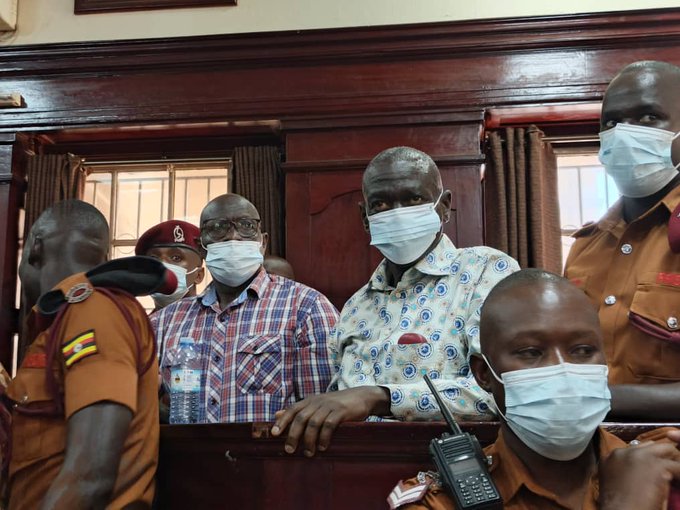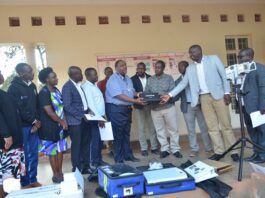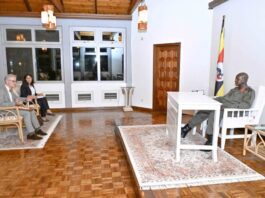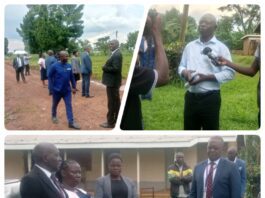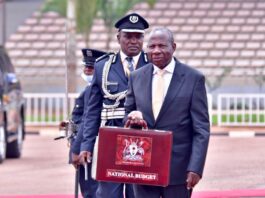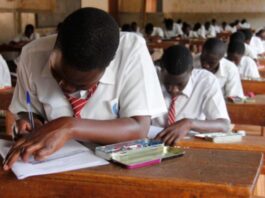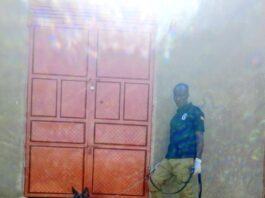The High Court Criminal Division in Kampala has denied bail to Dr. Kizza Besigye, a prominent Ugandan opposition leader, and his aide, Hajji Obeid Lutale, due to the severity of the treason charges they face and concerns about potential interference with ongoing investigations.
The ruling was delivered on Friday morning by Justice Rosette Comfort Kania, who emphasized the severity of the allegations, describing them as among the greatest Uganda has ever heard.
She noted that the charges involve cross-border activities that demand more time for extensive investigations.
“Given the magnitude of this case, the applicants are both influential individuals and may be tempted to interfere with the ongoing process,” Justice Kania stated.
Dr. Besigye, a veteran opposition leader and four-time presidential contender, was arrested on November 16, 2024, in Nairobi, Kenya, while attending a book launch. This marks his second failed attempt at securing bail since his incarceration began.
His legal team presented nine grounds for his release, citing his advanced age (68), deteriorating health, and established residence. Hajji Lutale, aged 65, supported his own bail application with similar arguments in an affidavit.
Despite their assurances not to obstruct the judicial process, the state opposed the application, labeling Besigye a flight risk. The prosecution referenced a separate, pending treason case involving Besigye and fellow politician Walter Lubega Mukaku and claimed Besigye had previously absconded bail, which is why he should remain in custody.
Reacting to the ruling, Besigye’s lawyer, Erias Lukwago, expressed deep frustration with the ruling, calling it a terrible decision.
Lukwago argued that Besigye has faced serious charges in the past, including rape and treason, and he has never jumped bail. What is so special about this case?”
He also confirmed plans to file a new bail application and said, “Besigye met all legal requirements; we are regrouping and exploring all avenues, including seeking justice beyond Uganda’s borders.”
This development follows a January 31 Supreme Court ruling that stripped military courts of the power to try civilians, prompting the transfer of Besigye’s file to the High Court’s Criminal Division.

